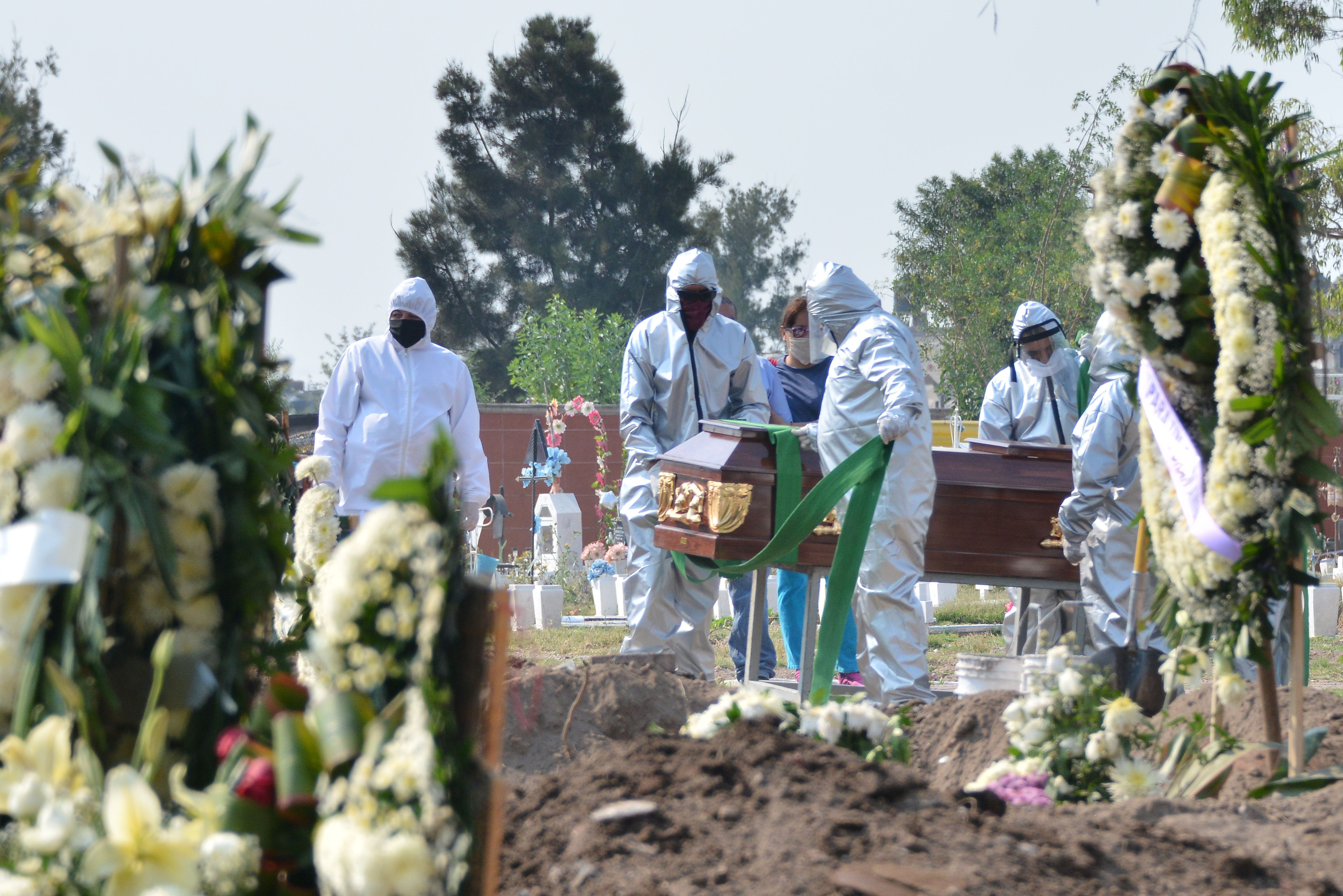Science & Tech
May 28, 2020
Mexico's healthcare system kills: Years of underinvestment in its healthcare system has left Mexico woefully underprepared for the emergency now plaguing its 128 million people. As a result, many Mexicans are dying not from the virus itself, but from medical malpractice or other mistakes as overstretched hospitals fail to manage the surging caseload. Anecdotal evidence from cities like Mexico City and Tijuana reveals that a shortage of medical workers means patients in critical care units can go up to eight hours without a visit from an attending physician. That has resulted in otherwise preventable deaths from clogged breathing tubes and septic shock. Meanwhile, scarcity of basic equipment to monitor patients' vitals, like heart monitors, for example, has resulted in what one Mexican doctor called "dumb deaths," referring to patients dying as a result of improper medical care. Mexico's President Andres Manuel Lopez Obrador has acknowledged that the country has 200,000 fewer healthcare personnel than it needs to manage the crisis, but has done nothing to meaningfully address the problem. The stakes are climbing. Mexico has now recorded more than 8,500 deaths from COVID-19 (and has one of the highest daily death tolls in the world), though authorities acknowledge this is likely an undercount because of the country's low testing rate.
South Korea reimposes lockdowns: South Korea, long praised for its successful handling of the pandemic, reinstated some lockdown restrictions this week after Seoul experienced its largest surge in COVID-19 cases in seven weeks. Museums and galleries will now be closed until at least June 14, while residents are advised not to gather for social events in the capital, home to half of South Korea's population of 51 million. Several new coronavirus clusters have been identified in the metro area since the government eased restrictions in early May, delaying the much-anticipated reopening of schools amid fear of a second wave of infections. South Korea's coronavirus response strategy – which includes a widespread testing scheme and meticulous contact tracing – has been hailed globally for its success in curbing the virus' spread. But recent events show that the country that had the first reported case of COVID-19 outside China back in January is not yet out of the woods.
Qatar's contact app fiasco: In a bid to control the spread of the coronavirus, the government of Qatar last week ordered everyone in the small, gas-rich Persian gulf state to install a contact tracing app, under penalty of a $55,000 fine or three years in prison. The app uses Bluetooth technology to determine whether users have been within six feet of someone who has tested positive for COVID-19. The government didn't realize, however, that the app was built in a way that gives hackers ready access to loads of personal data. The government says it has fixed that problem, which was discovered by researchers at the human rights watchdog Amnesty International. But there are still concerns about whether Qatar's authoritarian government itself might use the app to snoop on its citizens. How governments balance the need for contact tracing with the protection of privacy is a big deal, but some experts point to a more basic problem: for all the hype about contact tracing apps, no one is sure if they really work.
More For You
A photograph posted by U.S. President Donald Trump on his Truth Social account shows him sitting next to CIA Director John Ratcliffe as they watch the U.S. military operation in Venezuela from Trump's Mar a Lago resort, in Palm Beach, Florida, U.S., January 3, 2026.
@realDonaldTrump/Handout via REUTERS
Most Popular
- YouTube
In this "ask ian," Ian Bremmer analyzes Trump’s recent meeting with Zelensky and how close (or far) Russia and Ukraine are from a peace deal.
Syrian President Ahmed al-Sharaa attends the military parade of the Syrian army in Umayyad Square in central Damascus to mark the one-year anniversary of the fall of the Assad regime, on Dec. 8, 2025.
Mohammed Al-Rifai/dpa via Reuters Connect
A year ago this month, Syria’s brutal dictatorship collapsed. There are signs of recovery, but sectarian violence threatens to undermine the optimism.
© 2025 GZERO Media. All Rights Reserved | A Eurasia Group media company.
